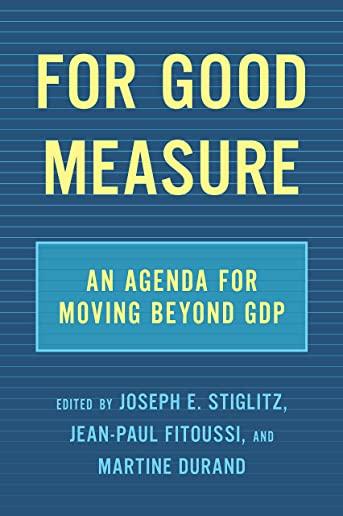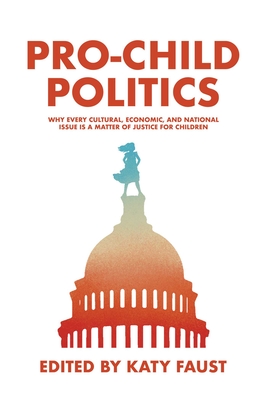
Today's leading economists weigh in with a new "dashboard" of metrics for measuring our economic and social health
"What we measure affects what we do. If we focus only on material well-being--on, say, the production of goods, rather than on health, education, and the environment--we become distorted in the same way that these measures are distorted."
--Joseph E. Stiglitz
A consensus has emerged among key experts that our conventional economic measures are out of sync with how most people live their lives. GDP, they argue, is a poor and outmoded measure of our well-being.
The global movement to move beyond GDP has attracted some of the world's leading economists, statisticians, and social thinkers who have worked collectively to articulate new approaches to measuring economic well-being and social progress. In the decade since the 2008 economic crisis, these experts have come together to determine what indicators can actually tell us about people's lives.
In the first book of its kind, leading economists from around the world, including Thomas Piketty, Emmanuel Saez, Elizabeth Beasely, Jacob Hacker, Fran ois Bourguignon, Nora Lustig, Alan B. Krueger, and Joseph E. Stiglitz, describe a range of fascinating metrics--from economic insecurity and environmental sustainability to inequality of opportunity and levels of trust and resilience--that can be used to supplement the simplistic measure of gross domestic product, providing a far more nuanced and accurate account of societal health and well-being.
This groundbreaking volume is sure to provide a major source of ideas and inspiration for one of the most important intellectual movements of our time.







